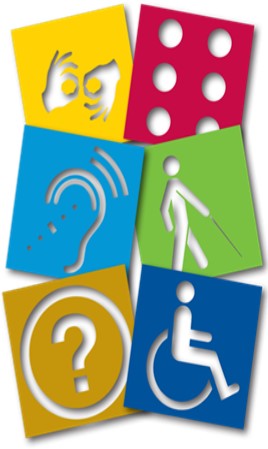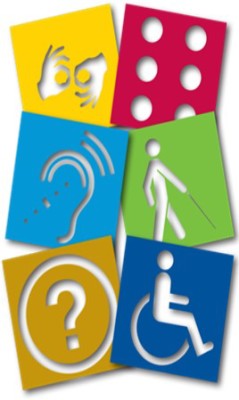
Disability Services Available at PVCC
Antonia Florence, staff writer
Disability Services Coordinator Susan Hannifan is dedicated to helping students at PVCC achieve a barrier-free education. She strives to reach out to students who have self-identified, have a formal recommendation from previous educational facilities, or have been referred by outside agencies as having a learning or physical disability which inhibits the learning process. There are many disabilities that affect learning. A few of these include attention deficit disorder, Autism spectrum disorder, depression and bipolar disorders, thought and auditory processing differences, post-traumatic stress disorder, and vision and hearing impairments. Disabilities can be short or long term and there are many ways to help students with disabilities achieve academically.
“If a student has broken a bone and cannot write, we will pair them with a scribe,” said Hannifan. A student with a thought processing disorder may receive extended time to take tests.
Some students are offered a lighter schedule. In addition, PVCC has numerous assistive technology and resources available. All services are available to students for free.

As of the 2016 spring semester, PVCC had a total full and part-time enrollment of 7,595 students, according to the latest figures available on PVCC’s website. Of that, “only about 200 receive[d] services,” Hannifan said. This amounts to 0.03 percent. According to the U.S. Department of Education, National Center for Education Statistics, 11 percent of undergraduates receive disability services.
Statistically, there are many frustrated students on PVCC’s campus who have not been identified but are deserving of services.
Some students do not realize they have a learning disability. They may struggle with processing new information or retaining it. Perhaps it takes three times as long as other students to complete assignments.
If this sounds like you, then Hannifan wants you to email her at shannifan@pvcc.edu and let her know what you are experiencing. During a meeting, she will be able to recommend tactics to help facilitate a more positive experience. She may refer you for an evaluation. UVA’s Ainsworth Clinic does not charge for testing. Taking these measures are the first step toward self-advocacy and will serve students well throughout the rest of their lives.
“If you have any concerns about learning, do not be afraid to get help. We have many resources to pull from,” Hannifan said with a smile and her usual calm demeanor





